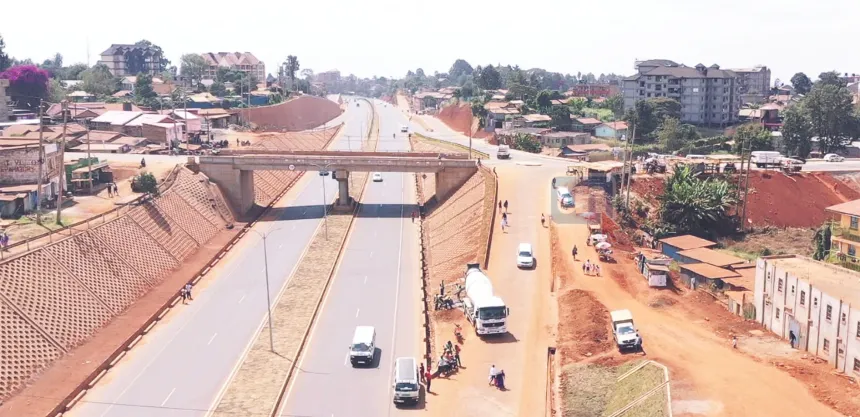Nairobi is poised for a major infrastructure boost following the Cabinet’s approval of the dualling of the 20.2-kilometre Northern Bypass. The road, which links the Western Bypass in Ruaka to the Eastern Bypass in Ruiru, is set for a major upgrade aimed at reducing traffic congestion and enhancing transport efficiency in the city and its surrounding areas.
The project, to be implemented by the Kenya National Highways Authority (KeNHA) under the Ministry of Roads, will feature the construction of eight interchanges, overpasses, underpasses, improved drainage, and non-motorised transport facilities such as walkways and cycle paths. The initiative is designed to accommodate the region’s growing traffic volumes and improve access to key economic zones in Nairobi and Kiambu counties.
According to a statement from State House, the bypass currently experiences significant congestion, particularly during peak hours, resulting in delays, increased transport costs, pollution, and reduced productivity. The dualling is expected to ease traffic flow, enhance road safety, and boost access to industrial hubs and essential services.
In a related move, the Cabinet also endorsed the Nairobi Railway City Central Station and Public Realm Project. This ambitious undertaking seeks to modernise the ageing Central Railway Station into a state-of-the-art, multi-modal transport hub. The revamped station will include nine platforms, upgraded access bridges, and will be capable of handling up to 30,000 commuters per hour.
The project anticipates meeting rising passenger demand, with daily ridership projected to reach 400,000 by 2030 and 600,000 by 2045. It is backed by secured funding for strategic transport links, including Bus Rapid Transit (BRT) Line 3, expanded commuter rail services, and a Standard Gauge Railway (SGR) connection to Jomo Kenyatta International Airport.
Beyond transport, the development is expected to unlock underutilised urban land, promote economic activity, and increase foot traffic into the city centre. The government sees the Railway City project as central to Nairobi’s urban regeneration, promising job creation, sustainable growth, and positioning the new station as a premier transport interchange and a symbol of Nairobi’s future urban vision.

